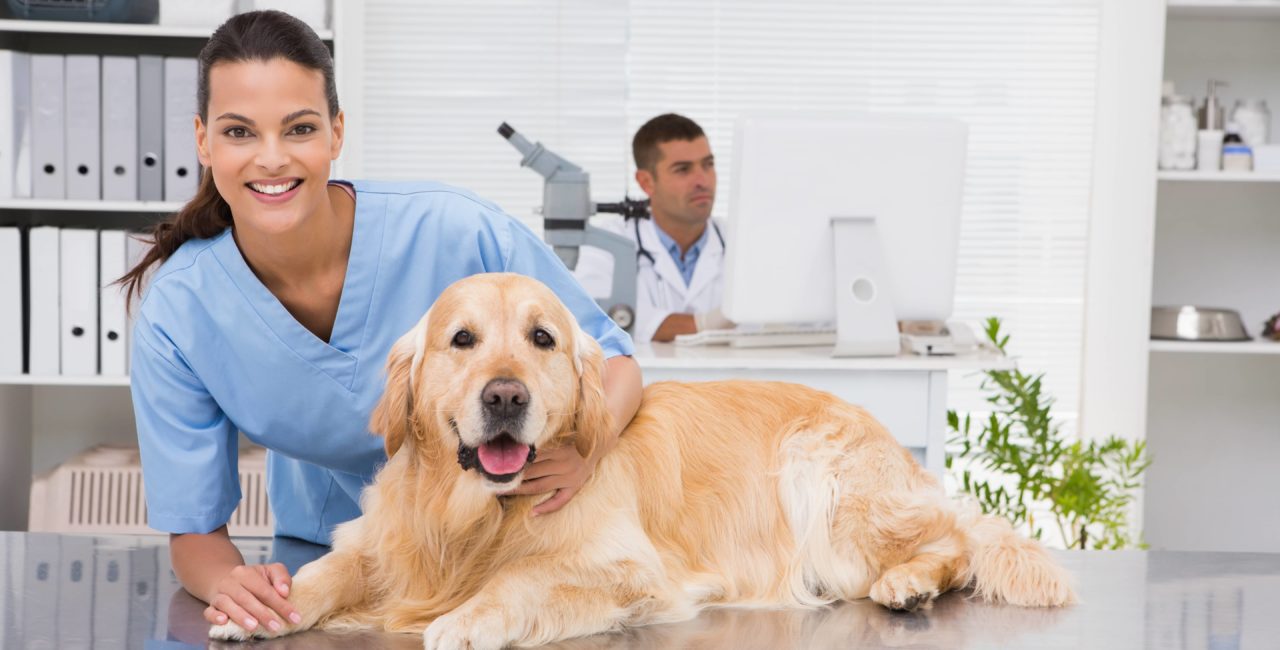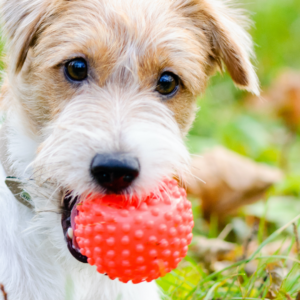Usually when you’re considering booking surgery for your pet, planned or not, we like to make sure that they have fasted appropriately beforehand, so we can avoid simple complications. With the use of some drugs and anesthesia to get your pet ready for surgery, vomiting could be a factor, and we like to avoid that by making sure an exact fasting period is followed. With your pet being under anesthesia, they are moved around quite a bit, to either x-ray for rads or from the treatment table over to the surgery table. With a lot of moving around and no fasting guideline followed, your pet could be at risk for vomiting food up and possibly aspirating (food going into the lungs).
Before recent research, 12 hours was the appropriate time to fast your pet. Now, guidelines are aimed towards 6-8 hours before surgery. This pre-op fasting time is much more beneficial for your pets because you have enough food in there to neutralize the stomach acid, preventing it from coming up the esophagus that causes regurgitation under anesthetic.
Now we don’t expect you to meet with a perfect 6-8 hours, it’s okay if they have been fasted too soon or too late. If they’ve fasted too late, make sure you notify someone so we can adjust surgery time for that day, so they can have the proper fasting period. If they have fasted too soon, that is also alright. We can give them ½ – 1 tablespoon of food prior, so they at least have that coating in the stomach to ensure a smooth surgical experience.
If you have any further questions regarding fasting times for your pet, don’t hesitate to contact your local vet. We’re always looking in the best interest of your family pet.
Written by Ashley, VA




